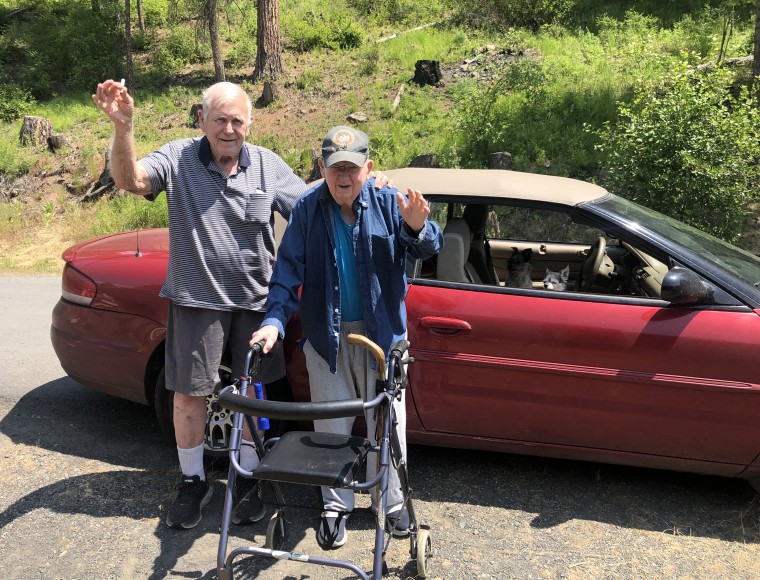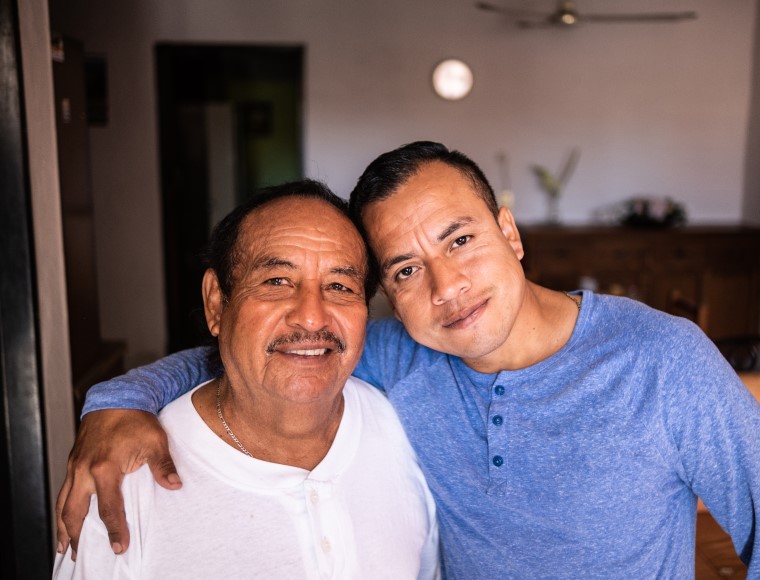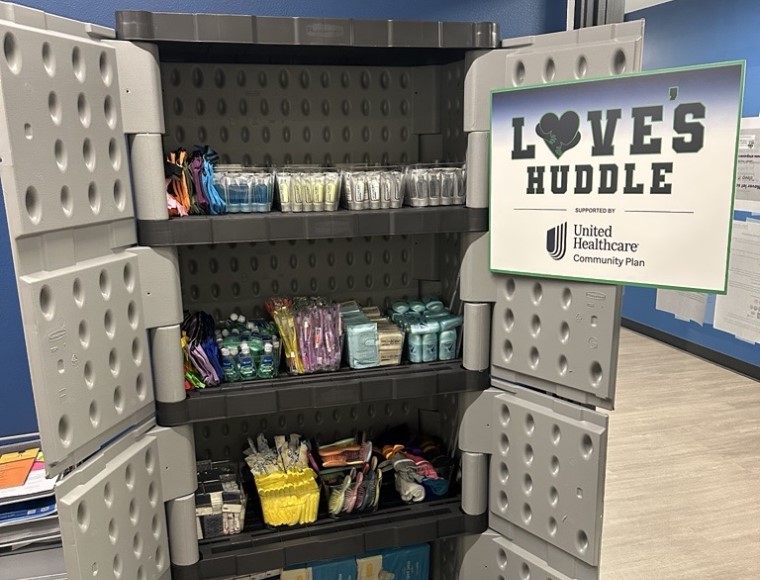Eviction moratoriums put into place at the beginning of COVID-19 served as a safety net for many individuals who lost employment during the pandemic. But now, many states and the federal government are considering allowing these moratoriums to expire, potentially leading to a drastic increase in homelessness across the country.
Currently, there are more than 550,000 individuals experiencing homelessness across the nation.1 The nation’s homelessness system is already ill-equipped to meet the needs of these individuals, and of those who are facing the possibility of losing their housing.
By the end of 2020, we could see more than 30 million individuals significantly at risk of eviction from their housing.2 Even if 95% of these individuals find a way to stay in their current housing or locate new housing they can afford, the number of individuals facing homelessness will still increase by 1 million — more than double the current homeless population.
A rise in homelessness threatens a rise in COVID-19 cases
Individuals and families facing eviction are disproportionately vulnerable populations, making COVID-19 even more dangerous.3 For those who find refuge in a homeless shelter or in hotel/motel rooms, there are additional risks to consider given the current pandemic. With close sleeping quarters, communal meals, and an environment that isn’t conducive to social distancing, we are likely to see a large uptick in COVID-19 cases4 as a result.
Others evicted from their housing may end up in encampments, making homelessness more visible than ever before. This presence will have a direct impact on local communities, which will be tasked with coming to the aid of these individuals to provide necessities like food and water.
If we keep people housed, we will promote better health outcomes
Safe, affordable housing is closely tied to a person’s health, making today’s eviction crisis a health care crisis. Should we see a large increase in those experiencing homelessness, we will also see a severe decline in population health outcomes, and further spread of COVID-19.
One strategy to prevent mass evictions is for states to extend their eviction moratoriums and the federal government to extend eviction moratoriums on federally-backed housing. While some building owners may be able to absorb the cost of rent for individuals who are unable to pay, there are many mom-and-pop owners and others that depend on rent income to make ends meet. In fact, approximately half of rental properties are owned by individuals, who likely own single units, homes, and duplexes.3 As a result, , we also need a strategy of investment from government to assist in paying back rent and to provide emergency rental assistance for these vulnerable populations. Investments in Department of Housing and Urban Development (HUD) programs like Emergency Solutions Grants (ESG) could pay for back rent, provide critical rental assistance and invest in homelessness prevention programs and rapid re-housing support. This would go a long way in staving off this housing and health crisis.
UnitedHealthcare investments and partnerships
To help these at-risk individuals, we need action and investments from government to address the eviction crisis. Here at UnitedHealthcare, we are committed to doing our part to expand affordable housing opportunities and better integrate housing and health care. In June, UnitedHealth Group announced a $100 million investment in the Health & Housing Fund — a partnership with Stewards of Affordable Housing for the Future (SAHF) and National Affordable Housing Trust (NAHT).4 The money will go toward bringing more than 1,000 new homes to seniors and those facing housing insecurities.
Additionally, we have partnered with the Council of Large Public Housing Agencies and local public housing agencies as we work to better understand health needs and provide population health interventions to improve the health of their residents. And we are investing in and partnering with National Healthcare for the Homeless Council and their affiliates across the country to provide direct care, link people to housing and create or expand medical respite care programs.
Housing equals health care. It is that simple. But addressing the looming eviction crisis and the ripple effects on health outcomes is not. We need investments to keep people housed, and we need to expand partnerships between the health and housing sectors to keep people in housing and to improve their health outcomes.
Read more from Andy McMahon
Sources
- https://endhomelessness.org/blog/exploring-the-state-of-homelessness-in-2020/
- https://www.aspeninstitute.org/blog-posts/the-covid-19-eviction-crisis-an-estimated-30-40-million-people-in-america-are-at-risk/
- https://www.aspeninstitute.org/blog-posts/the-covid-19-eviction-crisis-an-estimated-30-40-million-people-in-america-are-at-risk/
- https://www.cdc.gov/coronavirus/2019-ncov/covid-data/investigations-discovery/hospitalization-underlying-medical-conditions.html
- https://time.com/5846383/coronavirus-small-landlords/
- https://newsroom.uhc.com/news-releases/100-million-affordable-housing.html












